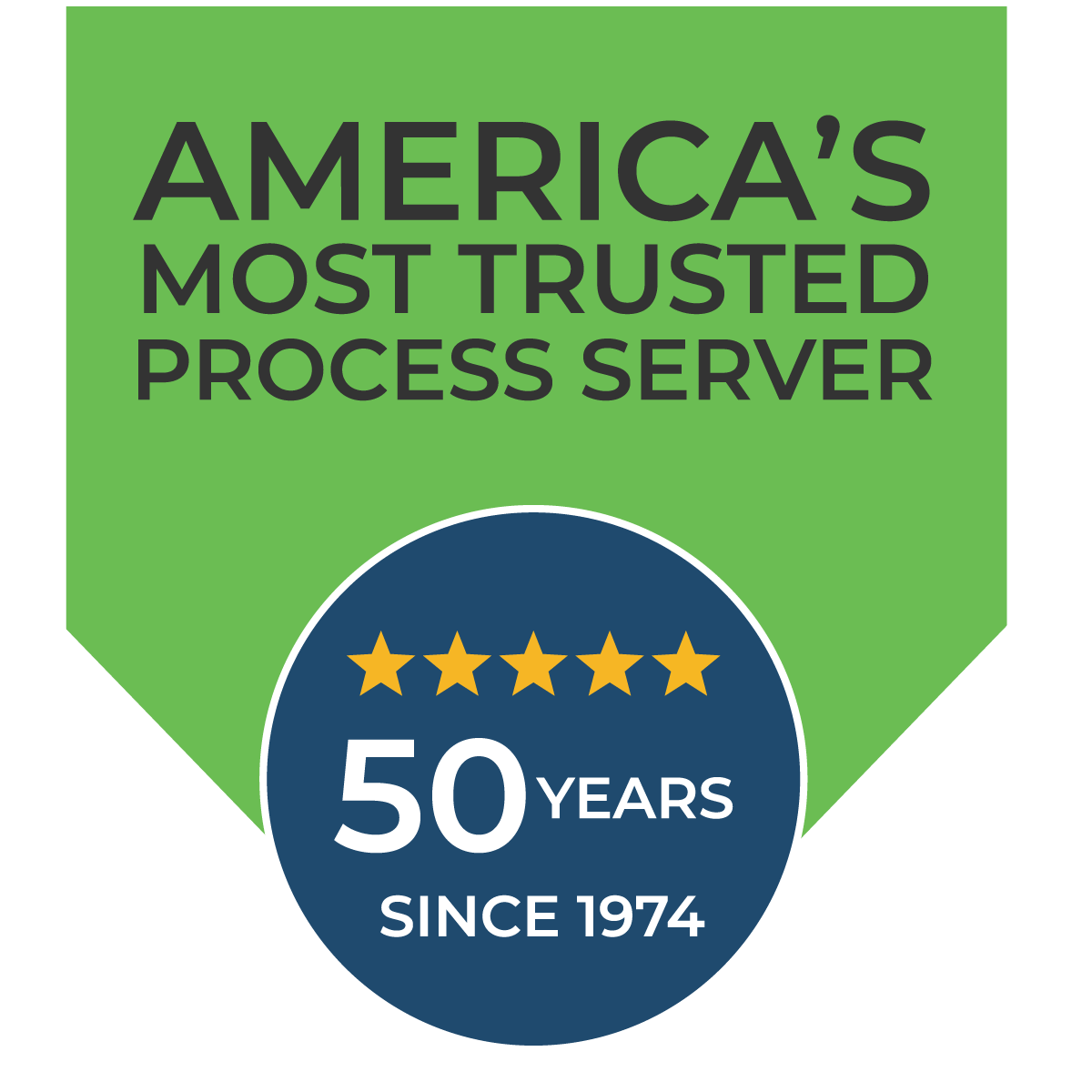In states where e-filing is required by the court or recommended as a way to speed up the filing process, it’s optimal to select an e-filing provider to initiate the legal process. Finding the right e-filing service provider (EFSP) is essential. Check out our two-part post on choosing the right EFSP to learn how to evaluate an EFSP from the ground up.
While general advice suffices for many legal professionals, those seeking to file in small claims and collections require a more focused lens. When dealing with small claims or collections cases, there are select features to look for in a service offering to ensure that you’re getting the most out of your relationship with a legal services provider. Here are several key features to help you whittle down your choices.
1. Fast and Compliant Filing
Small claims and collections cases are tricky. On top of the standard legal requirements — adherence to local processes and laws — there’s a strong desire to collect on the debt and retrieve the money owed as quickly as possible. Whether it’s a more personal reclamation of money owed or a standard debt collection scenario, neither individuals nor agencies want slowdowns in the process. Find a company that focuses on a balance between speed and compliance to get optimal results. Both are necessary, but losing on one will invariably cause delays on the other.
Speed in e-filing comes from a careful combination of human- and technology-based inputs. Companies that focus on speed will speak to tight internal turnarounds. Documents should not languish in an internal system when court systems and approval processes are not instant and often cause delays in the process. To offset some of those delays, focused e-filing providers adopt automation technologies, such as “bots” or robotic process automation, or establish API connections to the court systems, letting technology move data faster than a human could alone. Don’t be afraid to ask what technologies any legal services provider is using to ensure quick and reliable data transference.

Speed is useless if documents are not accurate and completely compliant with court and e-filing platform requirements. Compliance reduces duplicated efforts and document rejections. In small claims and collections, waiting for a file to be reworked and resubmitted after a court rejection can be costly, especially when many errors can be caught before submission. Look for companies with full handling and auditing processes in place to ensure the files and their content are free from easily preventable missteps.
The e-filing process at ABC Legal Services is a good example of these two-fold compliance checks. For example, teams organize, scan, augment, and reconfigure documents to ensure complete compliance with court filing platform requirements. Additionally, the E-filing team provides an additional check on files, scanning for common mistakes in filed documents and catching errors before they cause a long delay in e-filing.
2. Bundled Services that Augment Collections and Small Claims
Get Further in the Legal Process with One Company
E-filing is the goal of an e-filing provider. However, e-filing is neither the only step nor the end-goal in the legal process for collections and small claims. Once small claims and collections cases are filed and conformed, documents from the court must be officially delivered to the defendants. This requires the use of an unbiased third-party to deliver documents. A sheriff or other law enforcement officer meets that requirement but will often have other priorities. In most states, filers have the option to hire a process server to serve the document. Using a legal services company that offers both service of process and e-filing simplifies the process with just one company managing your document submission to the court and final delivery of that document to the defendant.
Effortlessly File in the Right Court
Using a more well-rounded legal services provider that also does e-filing not only reduces the number of service providers you need to contact as you pursue a lawsuit, but also opens up doors to improve the filing process. Many court systems have specific — often more restrictive — rules and regulations around small claims and collections cases. One of the more common requirements is around the court venue that documents must be filed with for a given suit. In California, small claims have earned their own subset of pages on the court website including a page devoted to finding the right court for a claim. Typical venue restrictions are based on the lawsuit amount and the defendant’s location.
One of the most common defenses against collection lawsuit comes from a mismatch of court jurisdiction and the defendant’s current residence, in which a discrepancy can result in the case being called into question or even provide grounds for a countersuit. Subsequently, one of the most useful features a provider can offer for small claims in jurisdictions with stringent venue requirements is the ability to confirm filings are going to the right court. Two types of services improve venue accuracy — venue selection and skip-tracing.
Venue selection is the process of checking the venue against a provided address. The venue selection process requires a provider with detailed knowledge of court requirements. The provider checks preliminary information about a case against known court requirements. Technologically-proficient legal services companies can create automated tools for the process. In automated venue selection, court parameters are built in so the correct court venue for a case can be instantly determined. ABC Legal Services has proprietary, state-specific automation tools and currently offers venue selection in 15 states including California, Florida and Texas.
Skip-tracing is the process of evaluating known information about a party to determine their location. This involves data from the case as well as information either available publicly or stored within specialized databases. Accessing these resources requires attorney involvement in a case due to the invasive nature of the search. Companies that offer skip-tracing can help make sure that the address associated with a defendant is the best known location for the case today by searching databases for where they currently reside. Knowing that the address on-hand for a defendant doesn’t match the best address allows legal professionals to correct documents far earlier in the process, increasing process speed.
3. Case Type Specialization Leads to a Proactive Approach
A third consideration for small claims and collections cases is finding an e-filing or legal services provider that regularly deals with small claims and collections. Service providers are more familiar with the changes and nuances of performing services since they’re constantly dealing with the systems in place. Aligning with the specializations of a service provider — or finding one that deals with small claims cases in large volumes — can drastically improve your chances of getting documents filed right the first time.
For example, while many firms deal in tens or maybe hundreds of collections cases per month, ABC Legal e-filed an average of 64,0000 collections cases in December 2020. E-filing teams are able to deal with anything that’s thrown at them and adapt processes as new rules and regulations arise.
Additionally, when a provider deals with a certain case type in high volumes, they also deal with problems and troubleshooting in high quantities. This positions customer-focused providers in a situation to create unique solutions for their clients. This last year, ABC Legal started a program streamlining and largely automating the complaints and summons process in Miami-Dade county in Florida. The automation takes care of back-and-forth with the court, allowing an attorney to submit a complaint and let ABC Legal handle the rest — returning with a finalized proof of service. Finding a company that knows and is actively seeking solutions to known annoyances and pain points in the small claims process can helpeliminate hassle in innovative ways.
Find the Right E-filing Provider For Your Cases
If you find an e-filing service provider that focuses on quick, compliant filing, offers multiple services that streamline and augment e-filing and and takes small claims and collections seriously, you’ll be on a path to success. These features, combined with strong lines of communication and support will take e-filing from a chore to a simple task. To learn more about e-filing and get the latest and greatest information involving legal services, legal trends, litigation and legal technology straight to your inbox, subscribe to the ABC Legal blog today.
About ABC Legal Services
ABC Legal is the nation’s leading service of process and court filing company and is the official process server to the U.S. Department of Justice. Docketly is a subsidiary of ABC Legal, providing appearance counsel on a digital, custom-built platform that smoothly integrates with our applications and services. ABC Legal’s applications are cloud-based and compatible for use on desktop, browser, and smartphones. Our solutions and digital approach ensure process server partners, law firm customers, and their clients save valuable time and resources when serving legal notices safely and with maximum compliance, control, and transparency. ABC Legal is based in Seattle, WA, with more than 2,000 process servers throughout the U.S., as well as internationally in more than 75 countries. To learn more about ABC Legal, our solutions, and subsidiary company Docketly, visit www.abclegal.com.

Written by
Heather ThomasService made simple—down the road and across the country. Join the 50,000+ professionals who trust ABC Legal for service of process.
Recent Posts
Subscribe to email updates
Popular posts
Learn More

Between the Lines: E-filing 101

Between the Lines: Top 4 E-filing Mistakes, Part I

Between the Lines: Top 4 E-filing Mistakes, Part II

Between the Lines: How to Choose an E-filing Service Provider (Part I)








